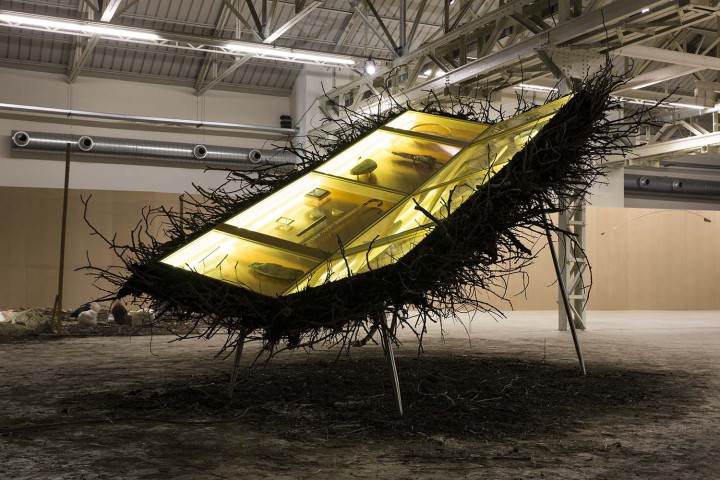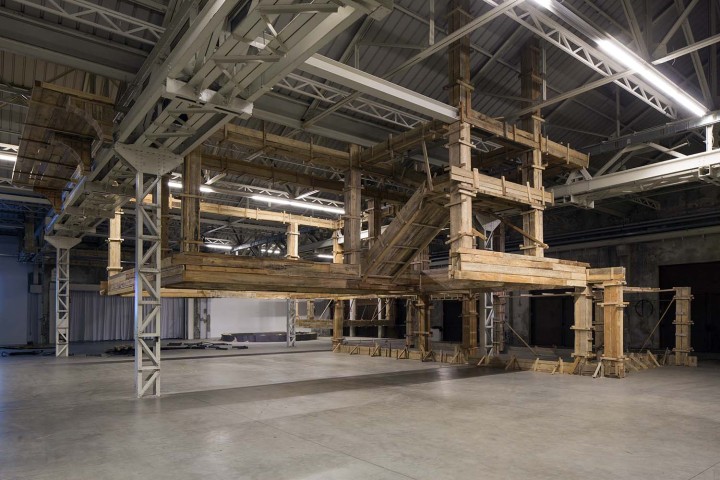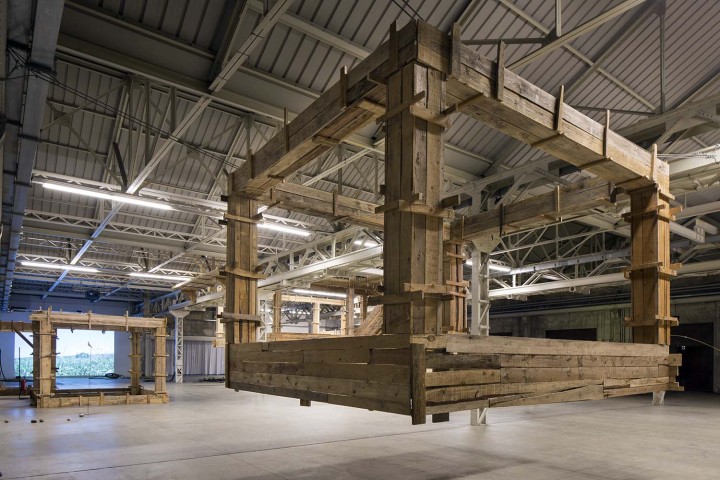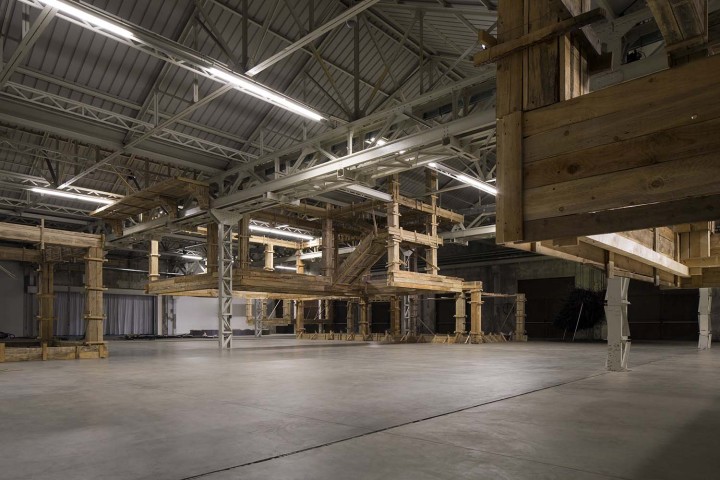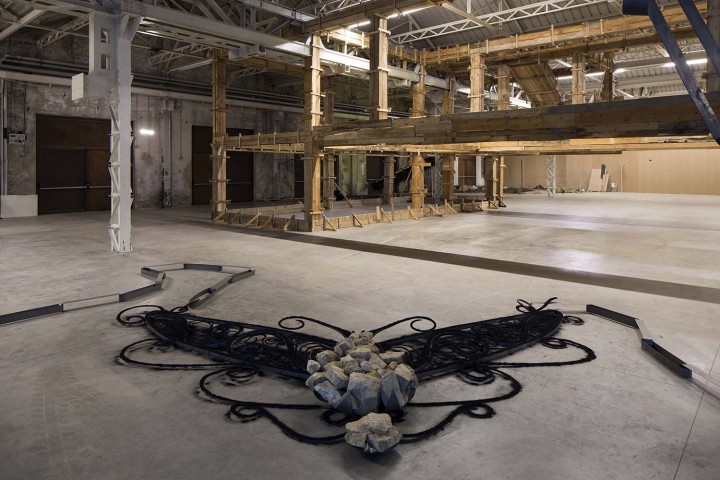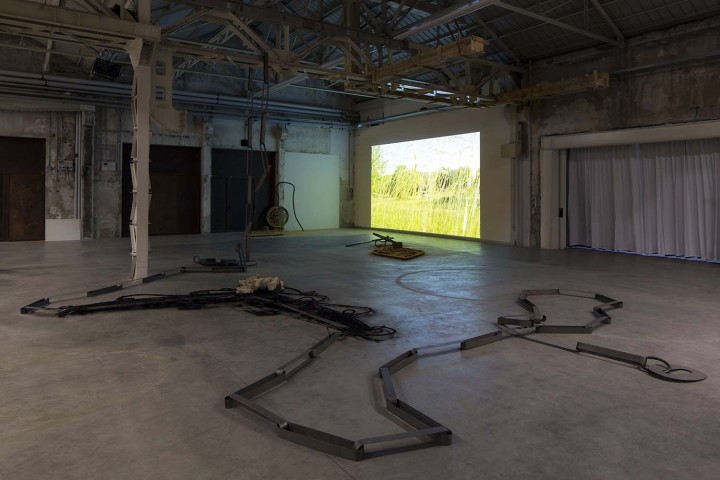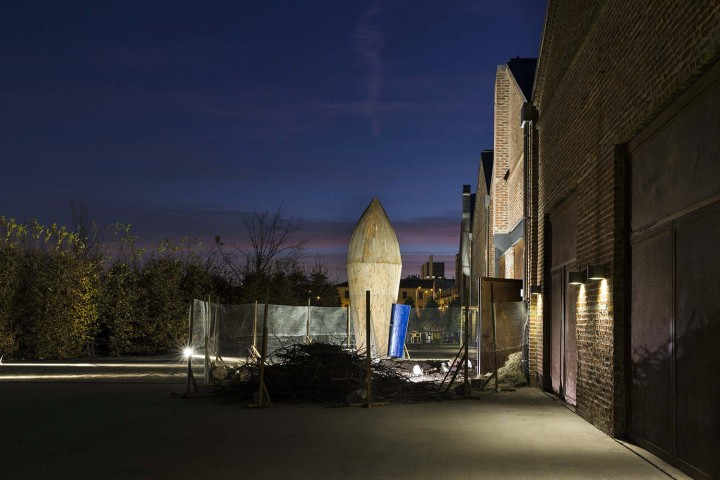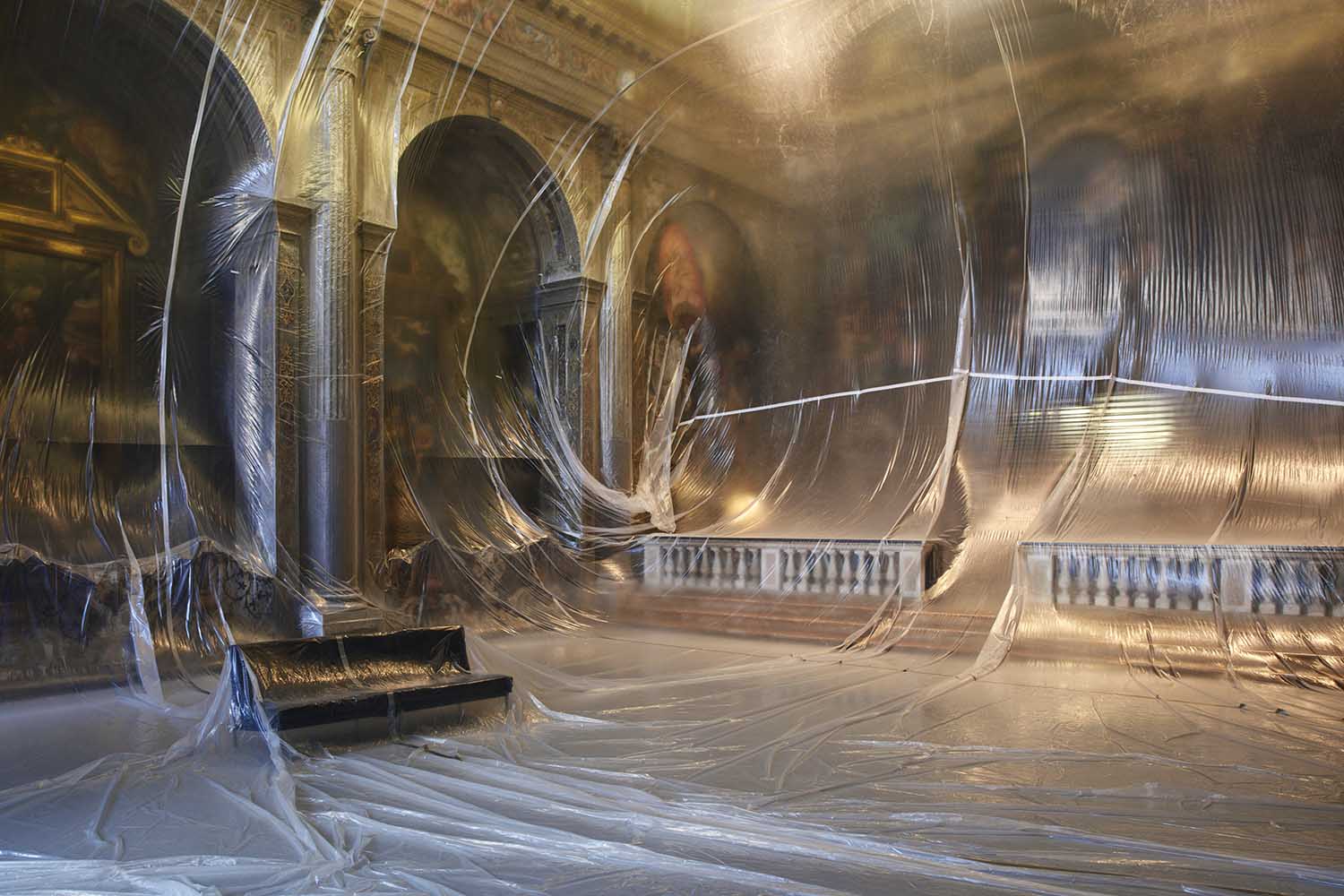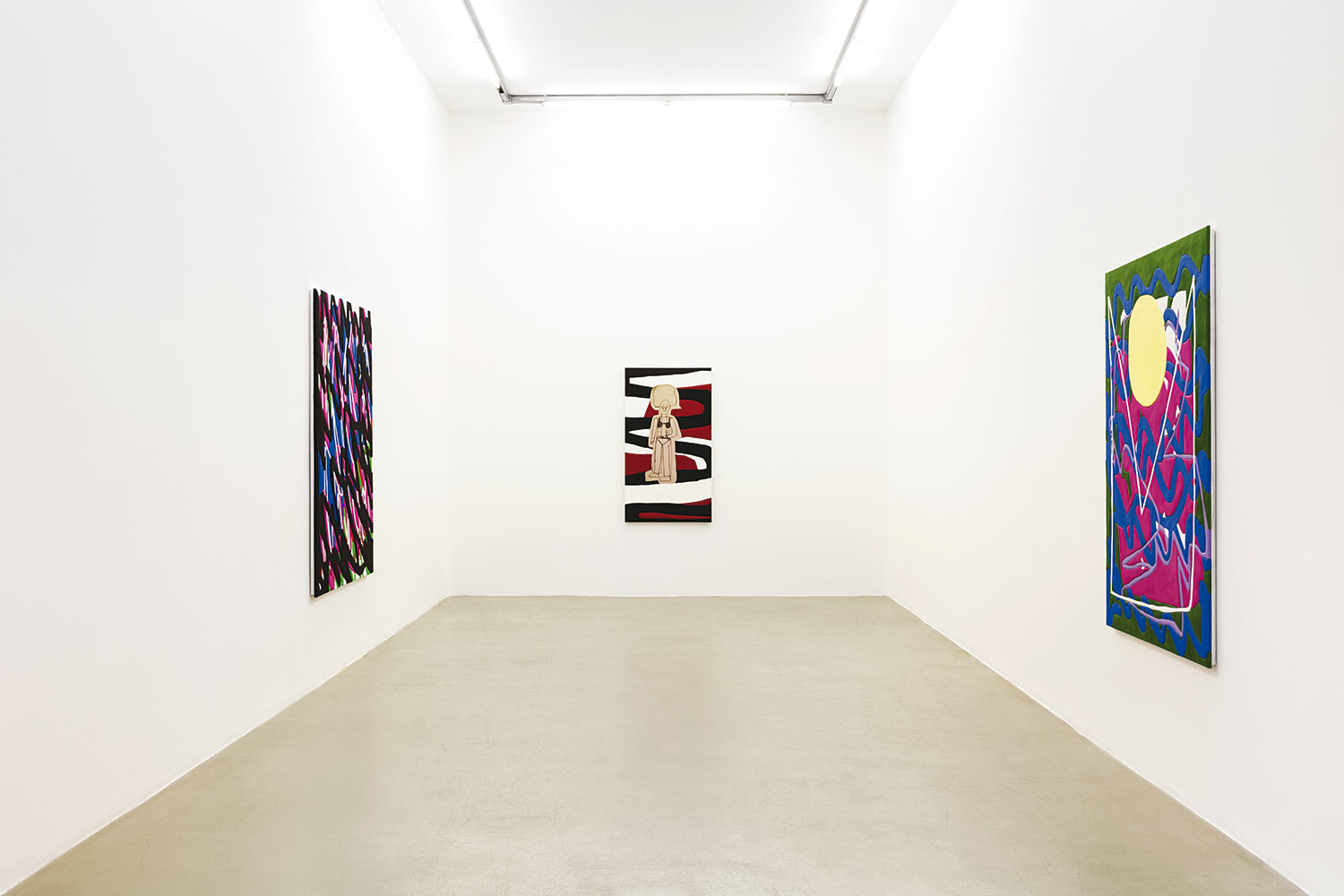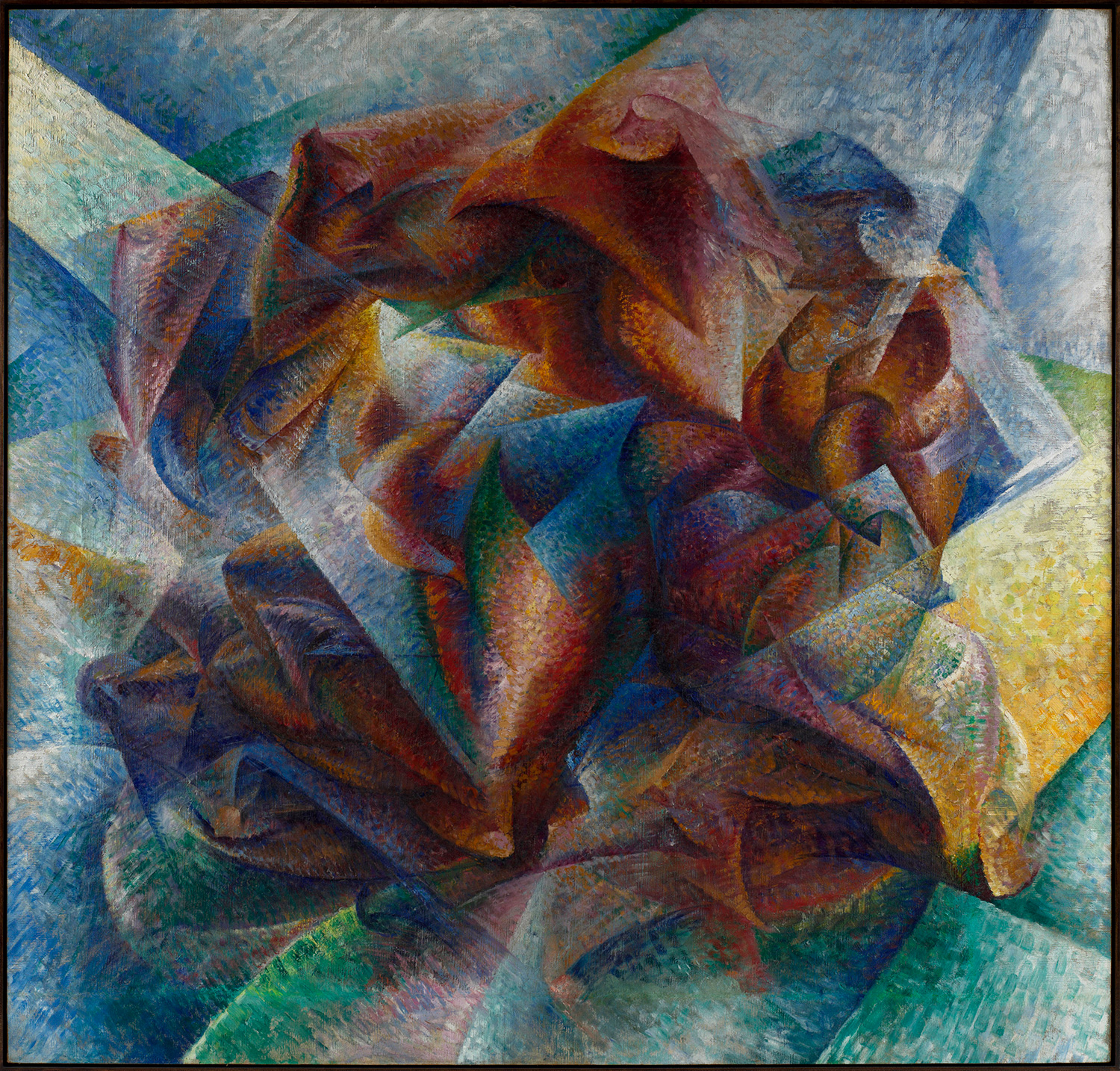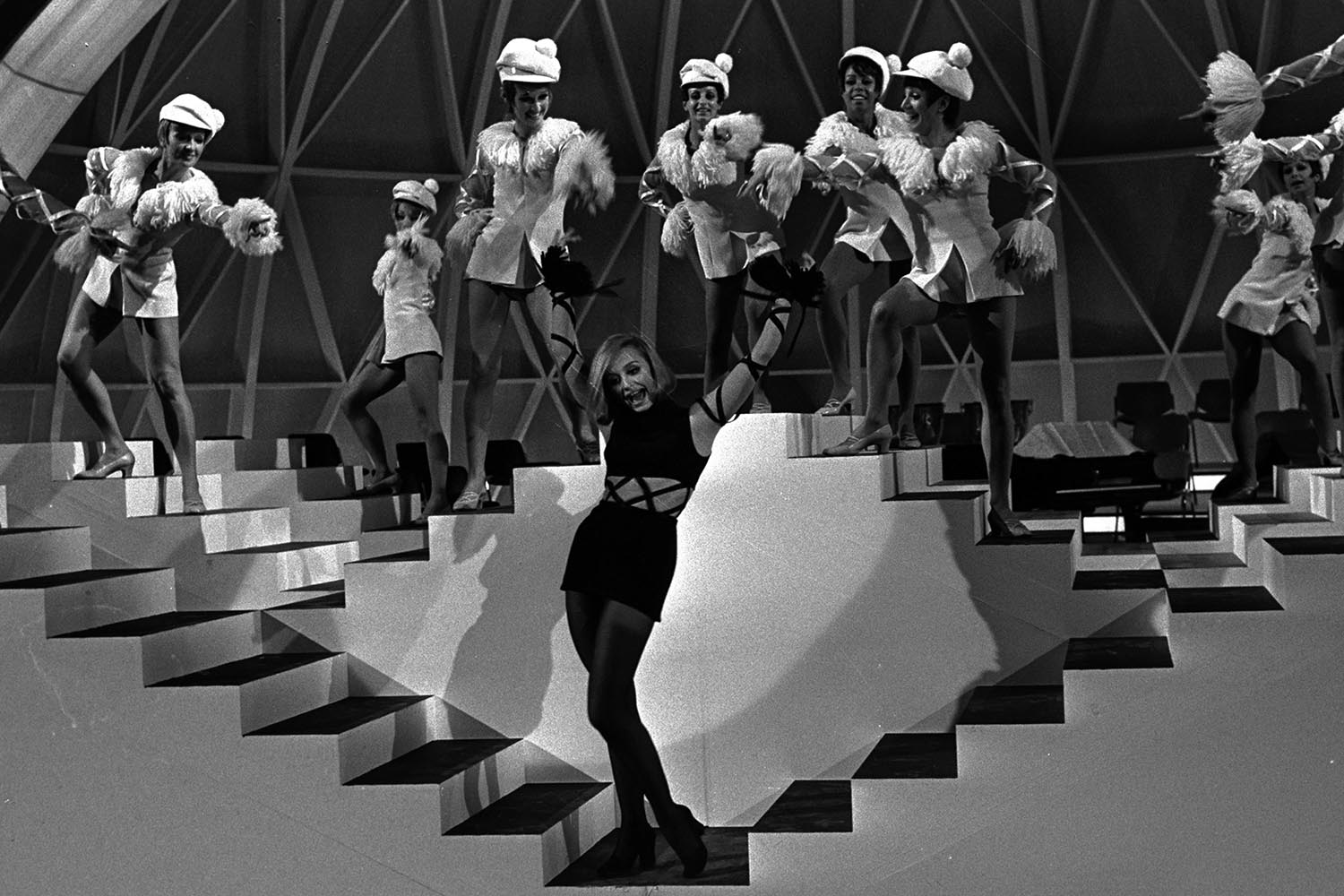“Space Shuttle in the Garden” — the first exhibition by Petrit Halilaj in Italy — is a kind of “best of” compilation of the prolific artist’s recent exhibition activity. Structured as an organic presentation, it nevertheless guarantees access to the essential themes in Halilaj’s research and successfully conveys the breadth of his expressive vocabulary.
Works originally presented in biennials (the imposing 2010 installation The places I’m looking for, my dear, are utopian places, they are boring and I do not know how to make them real, comprised of the mold used in the construction of his family dwelling in Pristina, conceived for the 6th Berlin Biennale) or institutional exhibitions (the 2012 diptych sculpture It is the first time dear that you have a human shape (diptych I – earring), an enlargement of a pair of earrings that belonged to the artist’s mother, part of a corpus shown at Kunst Halle Sankt Gallen) are balanced by other works that were substrata in major interventions (the series of drawings Bourgeois Hens (2008–13), which depicts hens in ironic poses) or that represent their speculative compendia (the 2012 video Who does the earth belong to while painting the wind?!, an almost abstract documentation of the land upon which Halilaj’s house once stood in the Kosovan countryside).
Dealing with the readymade and “living matter,” enlargements and scale shifts, artisanal practices and new media, the language of Arte Povera and naïve gestures, universal sentiments and sociopolitical subjects, decontextualizations and deterritorializations, Halilaj combines dramatic personal stories with the savoir faire of an artist, inevitably including a range of self-fabrications in his biography. However, these “strategies” rarely present a narrative that forces an empathetic engagement; instead, they express a desire for a dialectic encounter with the past, understood as a set of experiences projected parabolically into the future — transforming, expanding, relocating beyond. Halilaj’s approach is “positive,” fueled by the profound human need to go beyond, to find joy in the overcoming of strife and to participate in reconstruction.

